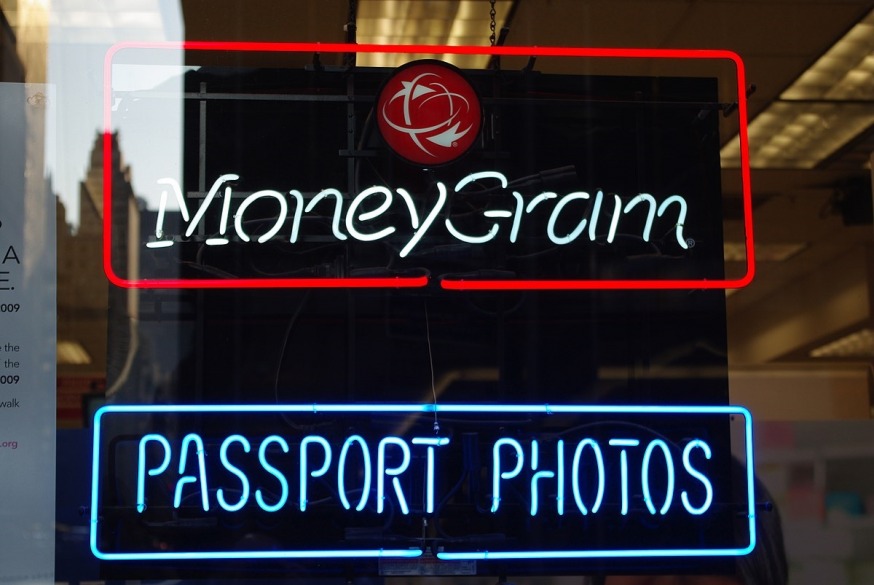
Photo: Ged Carroll CC:2.0
March 17, 2022 By Christian Murray
Several MoneyGram agents—including agents in Flushing—have allegedly processed millions of dollars worth of transactions between New York and China in violation of anti money laundering laws, according to authorities.
MoneyGram, a Dallas-based financial services company, has now found itself in the crosshairs of New York State regulators for allegedly failing to monitor its lawbreaking agents. On Wednesday, the company entered into an $8.25 million settlement with the New York State Department of Financial Services after being accused of inadequately supervising several of its New York City agents.
The investigation was sparked by a large spike in transactions between China and New York City that were processed by local agents. The agents were independent operators, who had their own store fronts.
The agency picked up that during a 17-month period from January 2016 through May 2017 there were more than 25,000 transactions to China totaling more than $100 million. In contrast, in 2014 there were approximately 7,500 transactions worth about $30 million.
The department argued that the dramatic change was a clear indicator of suspicious activity, particularly given that the destination of the transactions was known to carry a high risk. It said that MoneyGram should have noticed the problematic transactions and addressed the risks.
The agency said that six agents—including those in Flushing—were responsible for much of the spike.
“Many New Yorkers depend on money transmitters to send money to their families, pay bills, and conduct other financial transactions,” said Adrienne Harris, superintendent of the Dept. of Financial Services. “To maintain the integrity of that system for law-abiding New Yorkers, it is crucial money transmitters like MoneyGram diligently monitor all activity on its platform to prevent bad actors from abusing the system for illegal means.”
MoneyGram has terminated its relationship with the problematic agents and began instituting measures designed to ensure better supervision of its agents across the network. As part of the $8.25 million penalty, the company is required to report to the department the improvements it’s made to its anti-money laundering compliance program.





